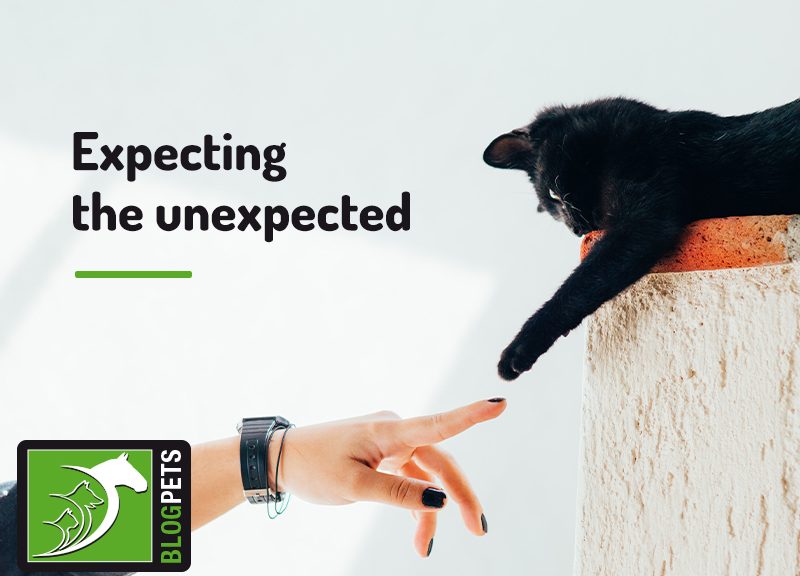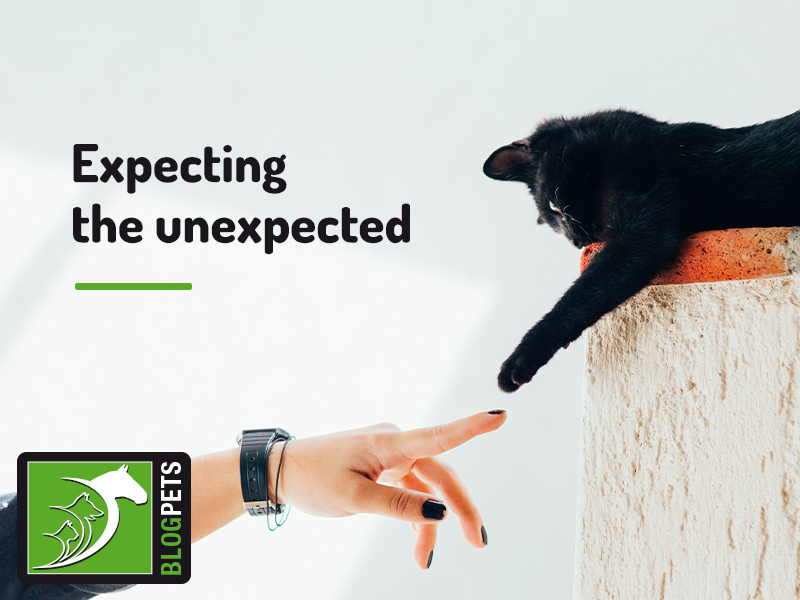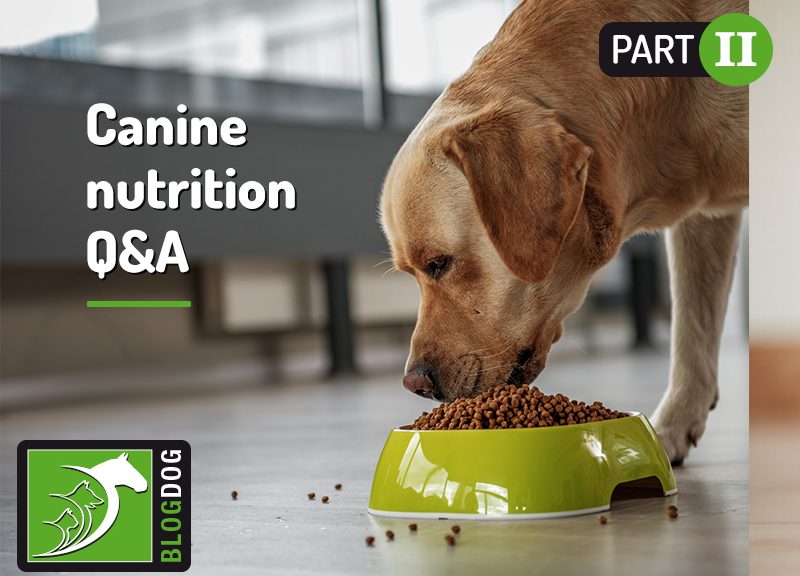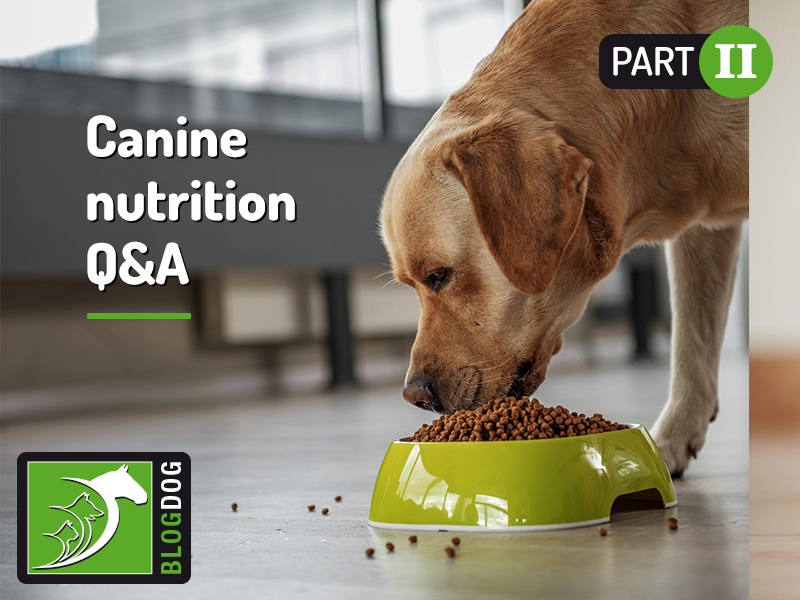Preventive medicine is the best way for us to keep our pets healthy, but, unfortunately, health is not something that we can always predict and control. Accidents can happen, and there are a number of illnesses that cannot be easily avoided, such as cancer and heart disease, for example.
But there’s something we can do to deal with unexpected situations, which is always being prepared! To help you, we’ve created this list of three fundamental topics;
#1: Contact information
Have your vet’s contact information in an easily accessible place in case of an emergency. Your phone is likely to be the first thing that comes to mind, but it is worth keeping these details in more than one place in case you run out of battery, for example.
Keep in mind that with the COVID-19 pandemic, practices have had to change the way they operate, so make sure to keep updated with their current ways of functioning and safety measures in case you need to take your pet for a consultation.
#2: Observations, details and relevant information
This is something that we keep insisting on, but only because it is so important! An attentive owner is vital for the early diagnosis of several diseases, and having relevant information ready and organised to present to your vet is invaluable.
We suggest keeping a journal where you register meaningful observations, and when these have happened. This way, it will be easier and quicker to answer all the vets’ questions as well as provide them with details you might have forgotten otherwise.
Records of feeding, drinking and exercise are a great start!
#3: Pet insurance
Vet bills can be expensive, and, if your pet is diagnosed with a chronic illness, such as diabetes, for example, he is going to need lifelong treatment. Pet insurance will allow you to make decisions based on what is best for your pet instead of your current financial situation.
While choosing pet insurance, keep in mind that not all policies provide the same coverage. Make sure you are aware of what is included and if there are any restrictions.
Would you like to know more about cats? Check our Feline Courses:
Feline courses
Would you like to know more about dogs? Check our Canine Courses:
![]()
Canine courses



